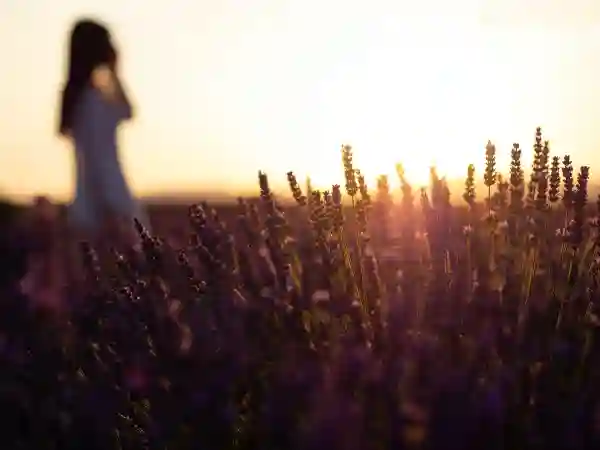

Pitta summer wellbeing guide
The winds of change are regularly upon us, the seasons consistently roll from one into another.
Ayurvedicmedicine recognises that this has a profound effect on our health and recommends many helpful suggestions for how we can adapt our lifestyle to stay balanced in each season. Each individual is unique with an equally unique dosha balance. Each individual is unique with an equally unique dosha balance, so remember to read the other doshas and see which resonate.
The pitta dosha embodies the principles of passion and metabolism and is brimming with vitality. It handles all potential energy within the body, controlling digestion, metabolism and the overall production of cellular energy. The pitta dosha is made up of fire and water elements, a bit like a raging volcano. Its primary activity within the body and mind is that of transformation, the force for all metabolic activity.
What are the signs of an increase in pitta?
Pitta is the dosha most affected by the summer season because this is the season with the highest levels of heat and therefore fire. It can be very easy for pitta to run out of control on a hot sunny day.
When a pitta becomes out of balance they suffer from characteristically ‘hot’ conditions such as heartburn, high blood pressure, fevers and skin rashes. You may also notice a change in their temperament, becoming more irritated, angry and frustrated in the ‘heat of the moment’. The key is to keep them cool and calm.
How can you help balance pitta in summer?
Balancing pitta is all about keeping cool, calm and collected. It’s important to help the body clear excess levels of heat through efficient detoxification practices. Keeping a strong pitta cool in the summer can be a challenge, so it’s equally important to introduce calming and balancing practices such as mindfulness or yoga to stop the flames spreading out of control.
Diet for pitta in summer
Foods with a sweet, bitter and drying taste are generally considered to be more cooling in their nature. Pitta constitutions are also the only dosha that can efficiently digest raw or cold foods, so foodstuffs such as salad are perfect for the fiery pitta during the warm summer months.
Avoid foods that generate heat such as spicy, salty and sour foods. Keeping yourself topped up with cooling liquids such as aloe vera juice, rose waters and cool herbal teas including herbs such as peppermint are perfect.
Try Mint Refresh tea.
Daily summer rituals for pitta
Begin and end the day with a cooling massage of the feet with an oil such as sesame or virgin coconut oil. This will help draw the heat down and out of the body.
Why not try making a herbal tea and then allowing it to cool and drinking it as a long, cooling and refreshing drink during the day.
Keep your food cool, light and fresh and try to stay spice free.
Summer herbal heroes for pitta
Perfect pitta herbs are those that are typically cool in nature and also help to detoxify the liver. Many of the natural algae’s and grasses such as chlorella, spirulina and wheatgrass are excellent detoxifiers that will help cleanse the body of excess heat.
Don’t forget about the cooling and refreshing benefits of Aloe vera juice, and Pukka teas such as Cleanse, Mint Refresh and Mint Matcha Green.
Don't know your dosha? Take our dosha to find out.

Author: Sebastian Pole
Co-founder and Master herbsmith
Pukka’s Co-founder and Master Herbsmith keeps a close eye on the formulation of our organic creations. Sebastian has been in clinical practice since 1998 using a blend of Ayurvedic, Chinese and Western herbal medicine and has pioneered organic and FairWild practitioner-grade herbs as the norm at Pukka.
Qualifications
Degree in Hindi and Indian Religions, a registered yoga therapist
Years of experience
23 years in clinical practice
Professional registrations
Member of the Ayurvedic Practitioners Association, Register of Chinese Herbal Medicine and the Unified Register of Herbal Practitioners, Fluent in Hindi.
